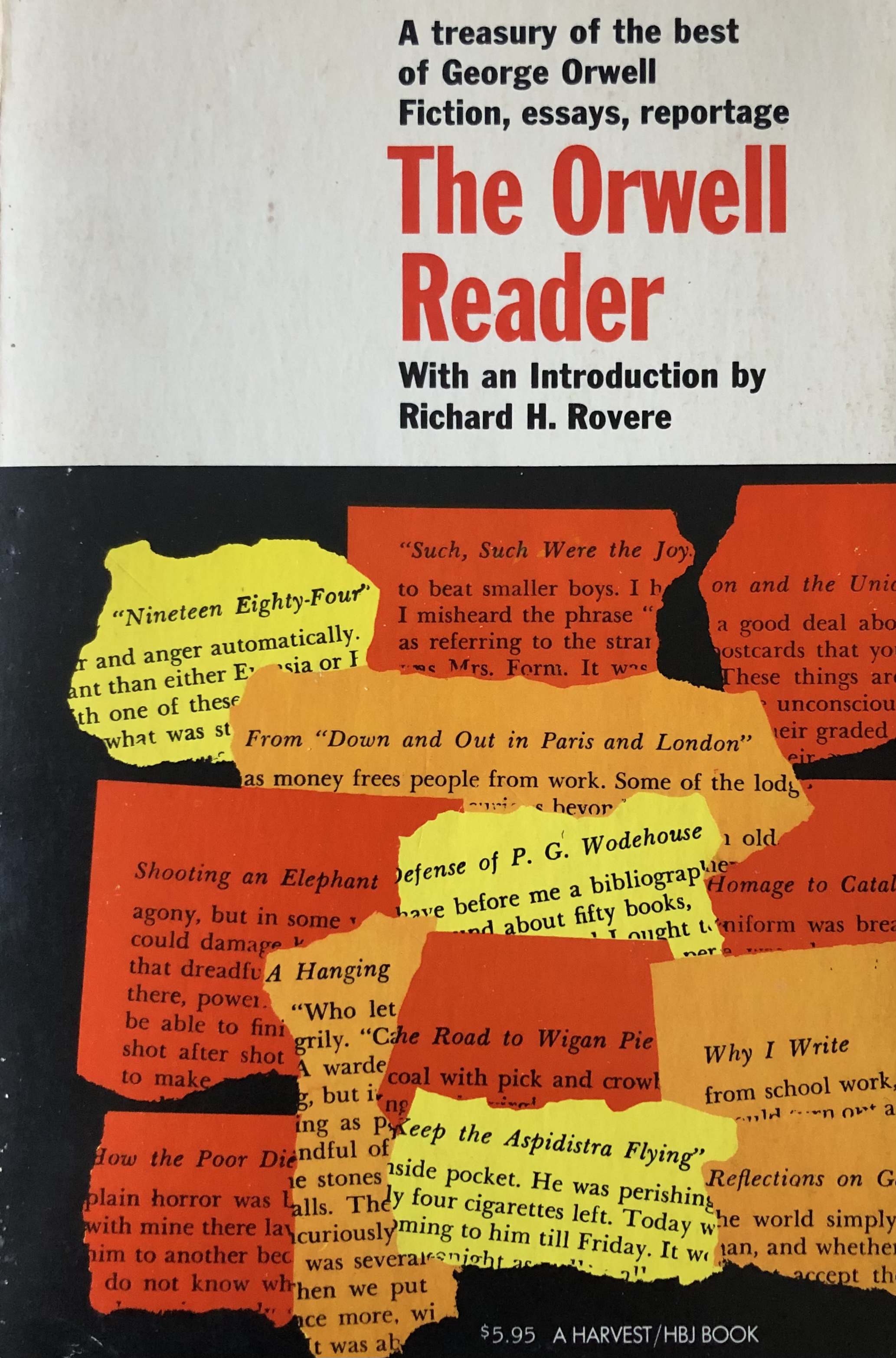What do you think?
Rate this book


456 pages, Paperback
First published January 1, 1956
I'm always seeing others provide thought-provoking quotes from Orwell's writings (other than Animal Farm and 1984). So I thought I would see for myself what the man has to say.
I quit reading this, not because I didn't like it, but because I kept misplacing it and I hate re-re-renewing library books. I hope to read more Orwell some time in the future, but I'll buy my own copy when I do.